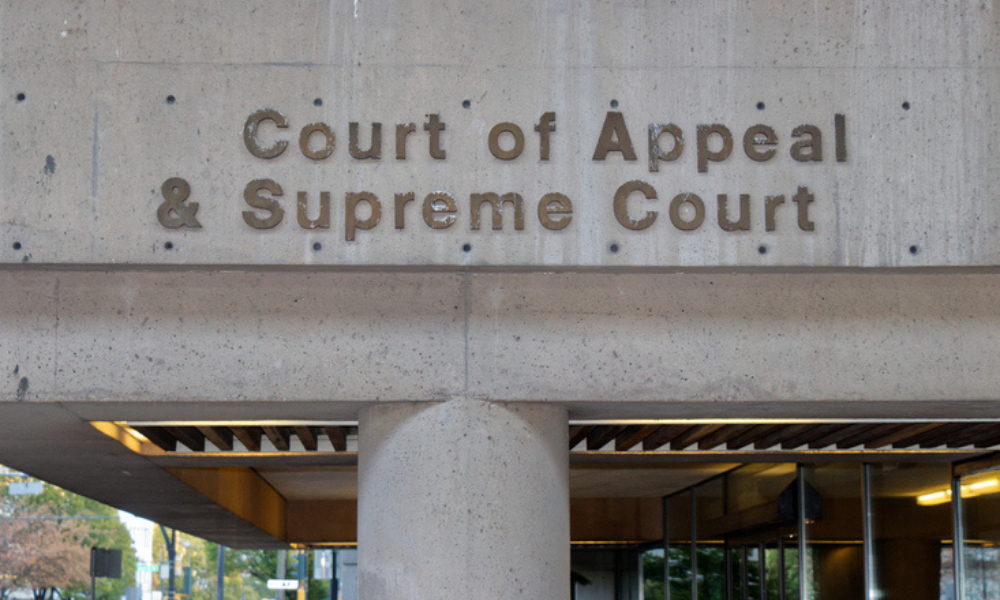
His experience includes employment and human rights law

The Supreme Court of British Columbia has welcomed Lawrence Robinson as its newest associate judge, effective February 12.
Robinson joins an esteemed group of 13 associate judges tasked with a pivotal role in the pre-trial phase of civil proceedings. By presiding over civil chambers and registrar hearings, associate judges like Robinson are instrumental in making determinations on pre-trial motions and procedural orders.
With a robust legal background, Robinson brings over two decades of experience in litigation and trial law to the bench. Since being called to the bar in 2002, he has developed a diverse practice, engaging in areas ranging from employment and human rights to personal injury claims, defamation actions, creditors' remedies, and commercial and municipal disputes. Robinson's legal acumen has been recognized across all levels of court in British Columbia and before numerous administrative tribunals. His leadership and expertise led to his partnership at his firm in 2009.
Beyond his legal practice, Robinson has contributed significantly to legal education and community service. He has shared his knowledge as a business law instructor at Langara College and as a presenter for the Continuing Legal Education Society of BC and the University of British Columbia's Sauder School of Business. He also served as chair of the Employment Law Subsection of the Canadian Bar Association – B.C. Branch, and as a director for the Port Moody Foundation and the Kekinow Native Housing Society.
Although Robinson will be primarily based in Vancouver, his responsibilities may extend across the province through video-conferencing technology as the judiciary adapts to modern demands.
The appointment followed a selection process led by an ad hoc committee comprising BC’s deputy attorney general, a Supreme Court justice, representatives from the Law Society of British Columbia and the Canadian Bar Association’s BC branch. The process culminated with a recommendation by the attorney general and an appointment through an order-in-council by the cabinet.